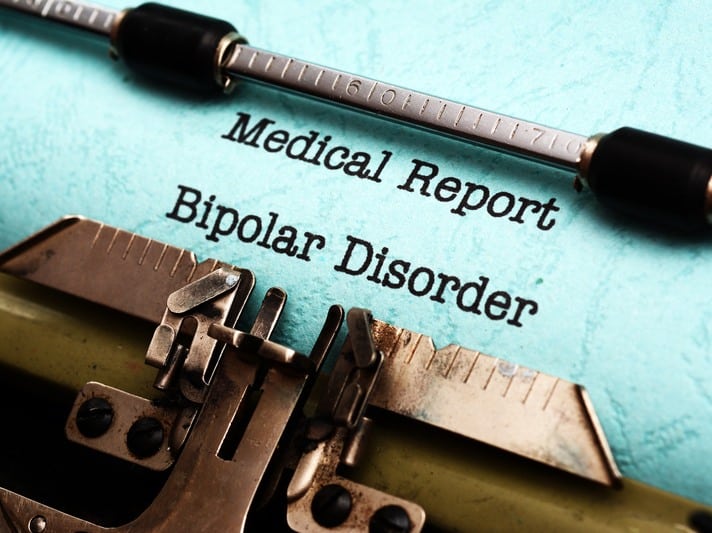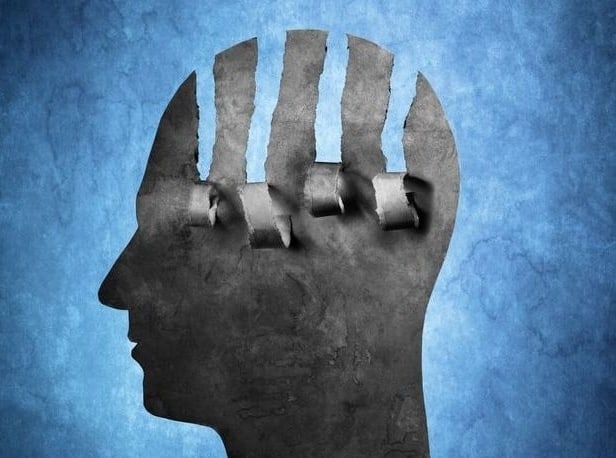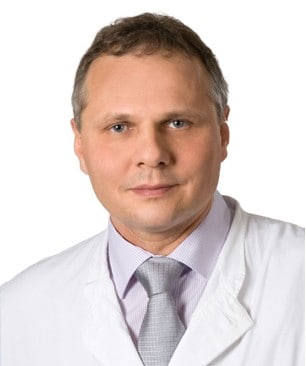Introduction. Causes of Bipolar Disorder

Psychiatrists only know the some of the causes of bipolar disorder. A number of factors combine in the onset of bipolar disorder. The factors can be of genetic, biochemical, psychodynamic origin or environmental. Psychiatrists have found that certain people appear to be genetically predisposed to this disorder. Bipolar disorder, sometimes referred to as “bipolar” is different from having mood swings throughout the day or week.
Prevalence
The age of onset of bipolar disorder varies. For both BP I and BP II, the age range is from childhood to about 50 years, with a mean age of about 21 years. Individuals are between 15-19 years when bipolar disorder emerges. The second most frequent age range of onset is 20-24 years. At least half of all cases start before age 25. The lifelong prevalence of bipolar disorder in the United States ranges from 1% to 1.6%. International statistics: lifelong prevalence rate according to the World Health Organization Composite International Diagnostic Interview, determined the aggregate lifetime prevalence for bipolar I disorder: 0.6%. However, the prevalence estimates variate based on the criteria used for diagnosis and the studied population.
Pathophysiology
The scientists have yet to determine the pathophysiology of the cause of bipolar disorder. The current research shows that genetic component of bipolar appears to be complex. Multiple genes appear to underlie the disorder. Those studies suggest a complex gene interaction in bipolar disorder. Scientists’ findings point also to heterogeneity, with different genes being implicated in the onset of bipolar disorder in different families.
Genetics

Scientists have shown that some people are genetically predisposed to develop bipolar disorder. However not everyone with an inherited vulnerability develops the illness.
Bipolar tends to run in families. Children with a parent or sibling who has bipolar disorder are four to six times more likely to develop the illness in compare with the broth population.
Genetics are not the only risk factor for bipolar disorder. Studies of identical twins have shown that the twin of a patient with bipolar illness does not always develop the disorder; only 50 % of the twins will develop the illness.
Twin studies
Scientists know the role of genetic factors. Twin, family, and adoption studies all show that bipolar disorder has a genetic component. In fact, first-degree relatives of a person with bipolar disorder are approximately 7 times more likely to develop this disorder than the rest of the population.
Environmental Factors

The external factors can set off the onset of bipolar disorder. Psychiatrists call these factors triggers. Triggers can set off new episodes of mania or depression or make existing symptoms worse. Such triggering factors like stressful life events, sleep deprivation, substance abuse can set off the onset of bipolar disorder in someone with a genetic vulnerability. These events tend to involve drastic or sudden life changes exposing an individual to a high level of emotional tension. Psychiatrists also say that the events could be such as seasonal changes, sleep deprivation, use of drugs, getting married or losing a partner or loved one, losing a job, etc.
Race-related differences in incidence: no racial predilection exists.
Psychological Factors

Psychodynamic factors possess also an important role in bipolar disorder. The psychoanalytical observations suggest that the mania serves as a defence against the feelings of depression. Melanie Klein was one of the major proponents of this formulation. Other psychodynamic based studies found by bipolar patients personality disturbances and higher level of neuroticism.
Physical Factors
Some organic diseases, for example hyperthyroidism, illnesses of the central nervous system as well as intoxication, can lead to similar symptoms as bipolar disorder. The diagnosis of the bipolar disorder includes a profound anamnesis, physical examination, a battery of tests, EEG as well as a brain scan to exclude an organic cause.

DR. GREGOR KOWAL
Senior Consultant in Psychiatry,
Psychotherapy And Family Medicine
(German Board)
Call +971 4 457 4240
